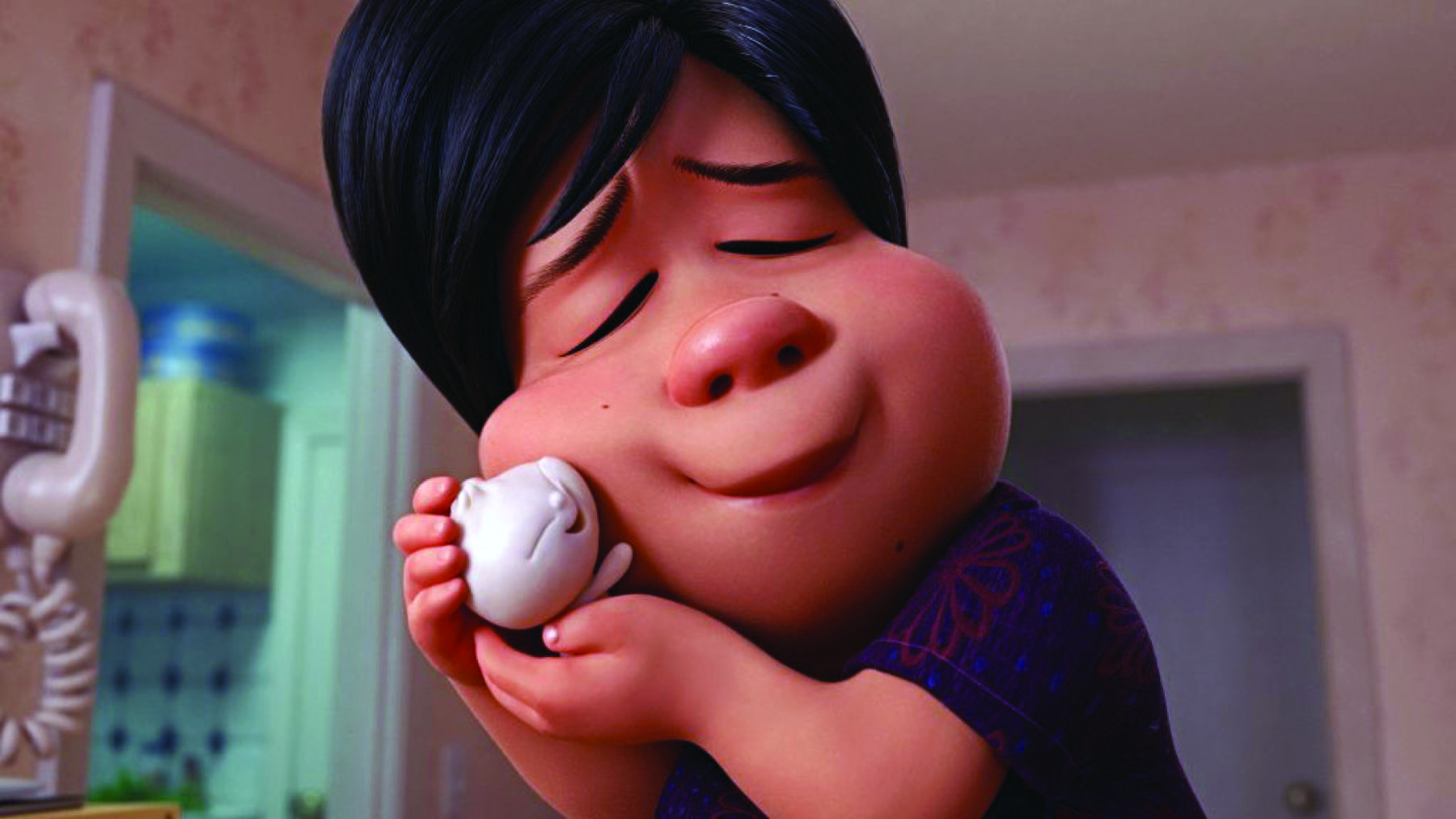
I have learned a lot from Pixar films. They have a special ability to create incredibly entertaining films with deep lessons about humanity, empathy and love.
Initially, I thought “Incredibles 2” was consciously pushing back against Pixar’s established reputation for meaningful, animated films; that it offered up only entertainment without a sense of enlightenment or emotional impact.
The deep message of the film became clear to me only after I understood its connection to the Pixar short that preceded it, a poignant film called “Bao.”
“Bao” tells the story of a lonely, middle-aged Chinese immigrant mother’s relationship with her American-born son, portrayed as an adorable bao -— a steamed bun with a meat filling.
The story arc is familiar to American Jewish families because it was also our story in the early to mid-20th century. As much as his mother tries to Chinese-ify her bao son, he rejects his ethnic background in favor of the American melting pot. The final straw for his mother is when he marries a very white, very blond, very American girl. Mother and son eventually reconcile and the film ends with the mother, her son and her enthusiastic daughter-in-law learning to make bao.
“Bao” asks a question that has always been important to Jewish Americans: How do we pass on Jewishness to our children without swallowing them whole?
The answer is actually found in “Incredibles 2.” There is societal backlash against superheroes. It is against the law for them to save anyone and “supers” are even described as “illegals.” The Parr (aka the Incredibles family) children must feel conflicted about their existence. They are “supers” but there is shame and anxiety attached to their inherited identity. Their parents basically relegate them to glorified baby sitters and this creates additional resentment. As such, there are echoes of “Bao” in “Incredibles 2.” And yet, the Parr children do not rebel or reject their identity. They embrace it.
Empowering our children is the superpower we need in order to repair our world.
When Mr. and Mrs. Incredible are captured and unable to save themselves, the Parr children promote themselves from baby sitters to superheroes, rescue their parents and save the world.
If we want our children to embrace their heritage and identity, they must be promoted from observers and consumers into builders and creators. We need to empower them. Youth groups and teen minyans are not enough. Trips to Israel for teens and young adults are insufficient. Those are experiences manufactured by adults for their children to enjoy. They teach. They preach. They do not empower.
Jewish institutions often wonder how to “attract” millennials and members of Generation Z. They do not need to be attracted. They need to be empowered. Include younger people in important conversations. Value their voice. Give them real leadership roles. Hear what they say about Jewish identity and practice. Give them a seat at the adult table at Shabbat dinner. Allow them to help shape family customs and rituals. Really listen to them.
The Torah commands parents to teach their children about the Exodus in several places. In Deuteronomy, it says, “Tell the story to your children and you will know that I am your God.” But it should say “and they will know.” When we talk to our children about important things — and we listen to their responses -— it helps us understand. This is the secret to Jewish continuity.
Empowering our children is the superpower we need in order to repair our world.
Eli Fink is a rabbi, writer and managing supervisor at the Jewish Journal.






















 More news and opinions than at a Shabbat dinner, right in your inbox.
More news and opinions than at a Shabbat dinner, right in your inbox.